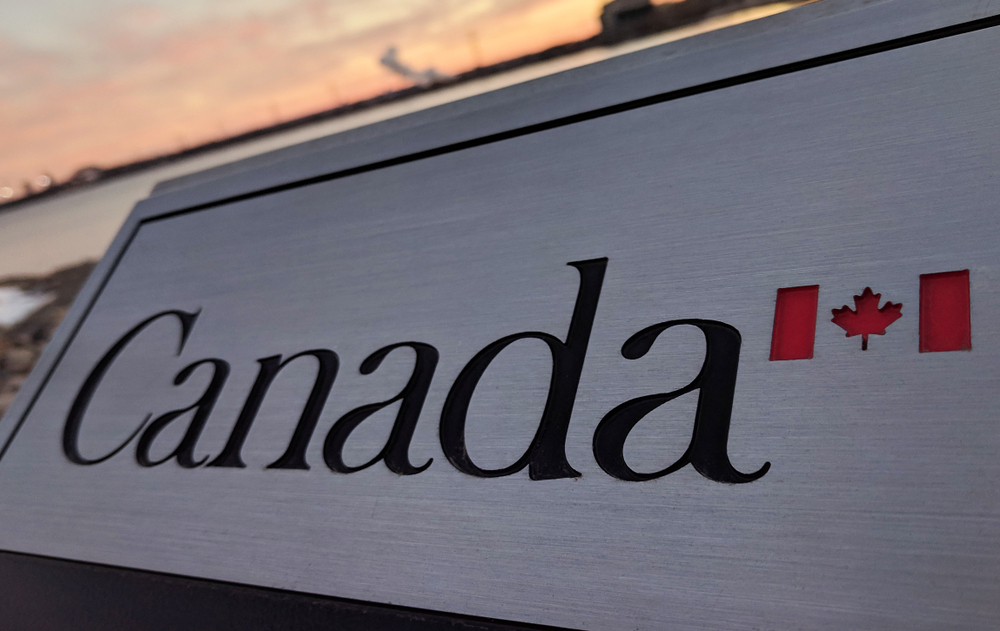Average household debt in our country from coast to coast is growing significantly. Getting a loan has become the norm for most Canadians, and while it helps the economy, we have arguably begun to borrow at the risk of our own financial stability.
Although it is often a necessary measure to keep up with inflating costs, relying too heavily on financial institutions can lead any of us to accumulate significant debt.
Key Points
- Housing Prices Are Contributing To Debt
- Low Interest Rates Are Contributing To Spending & Debt
- What Is Being Done To Help Canadians in Debt?
- How a Licensed Insolvency Trustee Can Help
- Contact Harris & Partners for Debt Help in Ontario
Housing Prices Are Contributing To Debt
Housing prices in particular have risen steadily across Ontario (and British Columbia) at an alarming rate, leading many individuals to wonder when the values will finally settle down or start declining. The average price of homes in our province is now more than $500,000, and Toronto has made news for surpassing $1 million for the average detached property. Higher prices benefit some people, but it negatively impacts many.
Low Interest Rates Are Contributing To Spending & Debt
As an indirect result of significantly low interest rates, which have encouraged Canadians to borrow money from lenders in excessive amounts, the national household debt reached the highest it ever has towards the end of last year. Our booming real estate market has been both good for sellers and often preposterous for buyers, who are essentially forced to seek large loans in order to purchase a home. Over 65 percent of the exceeding two-trillion dollars of household debt is attributed to mortgages, and lesser―but still significant―amounts of credit cards, car loans, student loans and others are contributing to the total.
At the same time that Canadians are borrowing more, the federal government is also borrowing more. The federal government issued more than $10 billion worth of Canadian bonds last year.
As household debt has increased, disposable income has not risen to the same extent, and so more disposable income is being used to pay the debt. It seems that many of us are not considering, or at least focusing on, the impossible rate at which we could actually pay off the loans we acquire if the trend continued. We need to keep in mind that having more debt essentially means having less equity.
Read our guide – What happens to debt when someone dies in Canada?
What Is Being Done To Help Canadians in Debt?
While banks are keeping interest rates low, the federal government is beginning to implement changes to help offset real estate inflation. Although this may not be the news many homeowners want to hear, it is likely more ideal for Canadians in general. When rates eventually increase, home prices will fall due to the ease of buying and, thus, the demand will decrease.
The 15% tax on foreigners buying real estate in Vancouver is slowing the booming real estate market there. However, the same success in containing rising market prices has not been realized yet in Toronto and surrounding areas, where consumers have placed similarly huge value on homes. More people are simply able to secure low mortgage rates from their lenders and purchase expensive homes that have suddenly increased so significantly in value.
The recently expanded program for child benefits in the country is helping to reduce household debt. Financial experts theorize that this expansion likely impacted the almost-immediate one percent increase in household savings rate.
How a Licensed Insolvency Trustee Can Help
Many people think of licensed insolvency trustees in Ontario as offering particular assistance when there is nothing left to do in response to debt but file for bankruptcy. However, if consulted early enough when struggling, the well-rounded expertise of a financial expert can actually help debtors improve money management skills and avoid excessive loans and insolvency.
For starters, there are various alternatives to bankruptcy available for people who require debt relief that also have less short-term and long-term impact on credit ratings. Consolidating your loans or filing a consumer proposal, for example, will not produce glaring financial issues for you in the future. It is important to get a clear picture before anxiously assuming the worst. You should also be aware that your financial reputation would not suffer simply for consulting with a licensed insolvency trustee. However, seeking guidance from a professional may be particularly helpful for Canadians amidst the rise of household debt.
Contact Harris & Partners for Debt Help in Ontario
A professional advisor at Harris & Partners Inc. can review your financial situation and debt relief options with you. He or she can help you create a timely payment plan, an effective budget for your money, and ultimately deter further debt. While these types of financial advisors are also bankruptcy trustees in Ontario they often recommend solutions that are alternatives to bankruptcy. Contact us for more information at 1-800-268-8093. We have offices across Southern Ontario, including in Oshawa, Barrie, and Hamilton.










